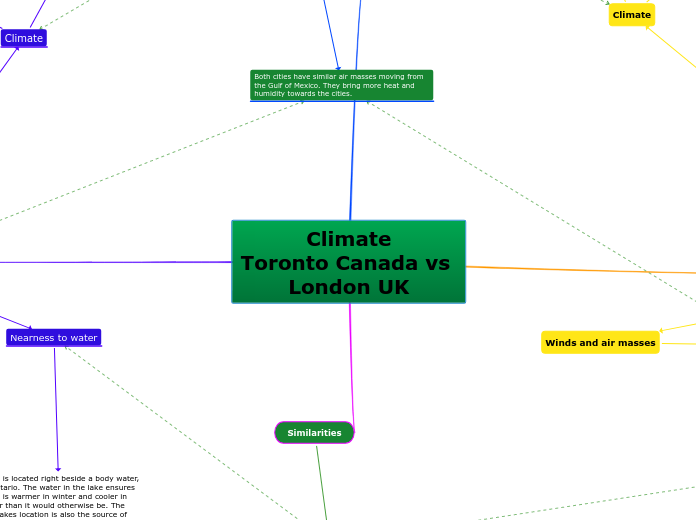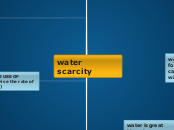por Jenna Nadel hace 8 años
354
Exploring Issues within Canada's Indigenous Populations - Jenna Nadel
Canada's global image as a socially responsible nation is compromised by the ongoing water crisis faced by its indigenous communities. Many First Nations reserves have been under 'boil water advisories'









